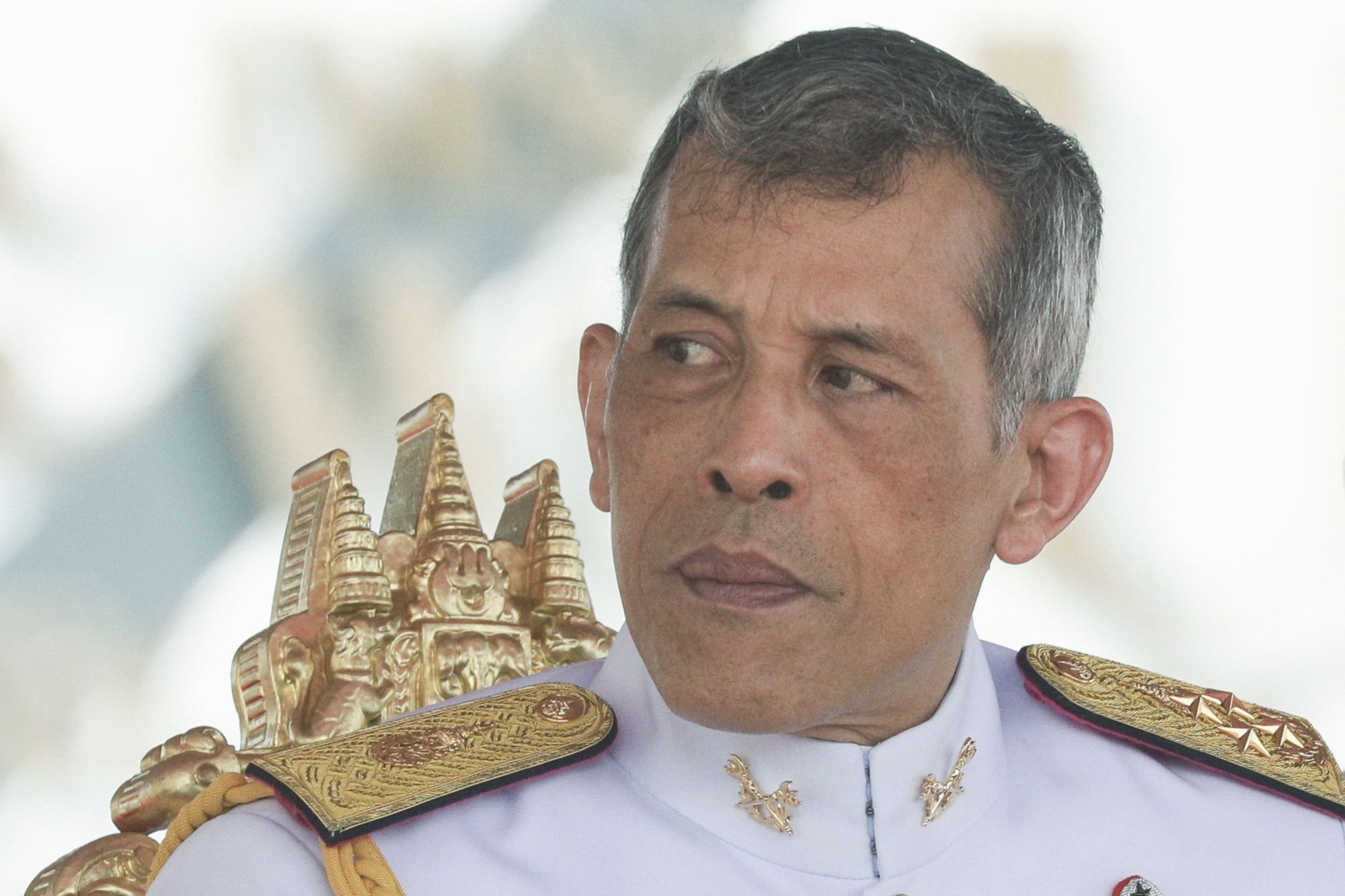On April 29, six individuals in Thailand, among them a prominent lawyer and a university lecturer, were charged with lese-majeste. Defined by Article 112 of the Thai Criminal Code, lese-majeste, or the crime of injury to royalty, is an act of defamation against the king, queen and regent and is punishable by three to 15 years in prison. The mounting cases of lese-majeste indicate that "fear" has become an instrument under the new reign of King Vajiralongkorn in controlling public opinion regarding the monarchy.
For a long time, Thais envisaged their king to be benevolent. King Bhumibol Adulyadej was widely extolled because of his divinity and moral authority. But the Bhumibol era ended and Vajiralongkorn is simply the mirror image of his father. Loathed by the public, Vajiralongkorn is now seeking to win over his subjects not by reverence, but fear.
Vajiralongkorn has exercised fear to command those serving him instead of trusting or convincing them to work for him based on respect. He has used fear to build order, perhaps similar to the way in which mafias operate their empire. Fear is a tool to threaten his subordinates and keep them compliant, docile and in line with unnecessary yet rigid rules, ranging from a cropped hair style to a tough fitness regime.



















With your current subscription plan you can comment on stories. However, before writing your first comment, please create a display name in the Profile section of your subscriber account page.